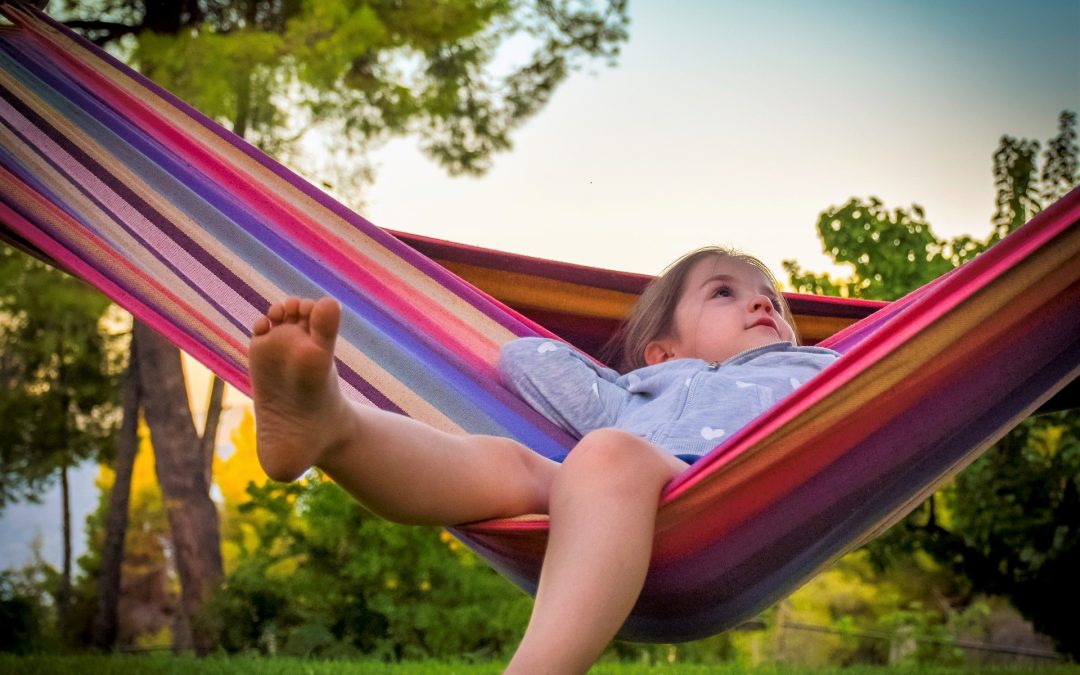
A Day in the Life of a Pediatric Occupational Therapist
Think about the minute-by-minute unfolding of a therapy session. The child arrives and anticipates the greeting from their therapist. Countless developments have occurred between visits. The twosome is not just picking up from where they left off, but processing how the learnings of the previous session have played out during the week. So much to discuss. So many new skills to share.
The session begins. A brief exchange of small talk softens the vibe. The therapist has an agenda based on practiced methods and treatment planning. Yet, the conversation explodes without adherence to the agenda. The kid grabs a fidget from the bucket on the shelf. The reading cube beckons to provide pseudo-privacy. The robot they built last week needs reengineering.
Tension rises. The tasks and tools are slightly beyond the capacity of the kiddo. Chaos threatens, except the constancy of the clinical atmosphere contains. The therapist reads the signals and selects an intervention.
Biofeedback. Belly breathing. Smell the flower, blow out the candle. Name the feeling.
Rinse and repeat.
Coping skills are taught and modeled. Situations are anticipated and role-played. Safe space is created for vulnerability. Failure leads to problem-solving. Play morphs into learning. Healthy doses of dancing, singing, joke-telling, silliness, and laughter are sprinkled throughout.
The session ends. Trials are designed and shared with caregivers. Treatment goals are recalibrated and put to the test for the following week. Life inside and outside of the therapy space comes together. Parents, grandparents, teachers, and professionals unite on behalf of the child.
The child who reunites with their adult outside the therapy space is slightly different. Their skills have evolved, ever so incrementally. The goodbye is as valuable as the hello exchanged 60 minutes earlier. What happens in the next 167 hours then shapes the agenda of the next session.

About the Author
Kerry Galarza, MS OTR/L is the Clinical Director and an occupational therapist at Elmhurst Counseling. She provides specialized assessment and intervention with children of all ages and their families. Kerry engages clients with naturally occurring, meaningful home-based methods to empower autonomy and maximize functioning.




